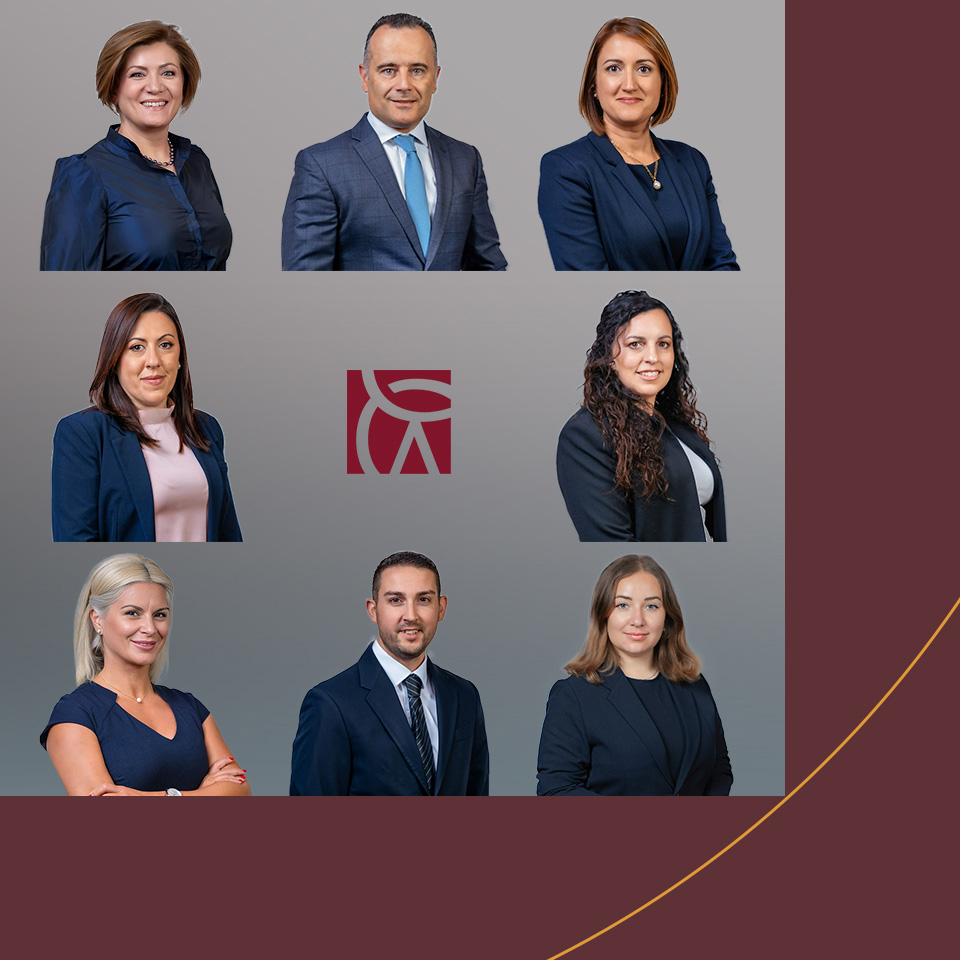Blockchain Acts to apply as of 1st November 2018
With all three Distributed Ledger Technology (DLT) Acts officially enforced, Malta provides a regulatory environment for the Blockchain industry. Industry insiders have closely followed developments and applaud these laws that aim to regulate DLTs whilst ensuring that their development is not hindered. Malta is embracing the Blockchain Revolution and setting itself out to be a pioneer.
In July 2018, the Malta Digital Innovation Authority (MDIA) Act took force, launching the competent authority responsible for regulating and promoting innovative technology. On the 1st of November, the Innovative Technology Arrangements and Services (ITAS) Act and the Virtual Financial Assets (VFA) Act also took force of law. These three acts have been approved by Parliament on the 1st July 2018, and are the world's first ever DLT legislation.
This now permits investors setting up operations in Malta to benefit from legal certainty within this rapidly developing industry. Additionally, Senior Manager within the Corporate & Fintech department, Mr Steve Muscat Azzopardi has upheld that ''the implementation of the ITAS Act and VFA Act will not only cater for current technology arrangements, but also take into consideration future developments''.
What does this mean?
By enforcing the ITAS Act and the VFA Act, Malta will be put on the map, officially recognising it as the Blockchain Island. Through the regulation of DLTs and Blockchain-related technologies, it will be bringing about harmony within the industry, and will eventually benefitting from the continuously booming industry.
The ITAS Act is mainly aimed towards registering technology service providers and certifying technology arrangements. By doing so, consumers and investors will be able to benefit from legal certainty, putting their mind at ease that their investments are sound, and will, therefore, not be the subject of a scam or some form of fraud. This will mitigate the scepticism surrounding the industry, allowing a level of security when investing in or developing the technology. The future-proof legislation will also prioritise the importance of ensuring the proper development of the Blockchain industry, fostering the Blockchain Revolution.
The VFA Act, on the other hand, provides a regulatory framework for ICOs and crypto exchanges. The classification of DLTs will ensure clarity to consumers on whether licences are required, what type of licence and whether the MiFID Directive applies. By regulating every aspect of the businesses, this Act is offering protection to investors and stakeholders wishing to invest in the industry.
Dr Priscilla Mifsud Parker, Senior Partner at Chetcuti Cauchi Advocates, has upheld that "As the Blockchain Island, Malta is creating an innovation friendly environment. This enables already existing players to operate within a system with clearly defined parameters". This will further encourage start-ups within this industry, fostering the future of Blockchain technology.
Get More Info about Fintech in Malta
The attitude these laws have adopted
The Blockchain Acts have formed a regulatory framework which will provide legal certainty to entrepreneurs, in such a way as to not hinder the furtherance of the industry. In fact, the regulator has set high standards, ensuring investor protection, market integrity and financial stability.
The Maltese government has also introduced various guidelines and incentives which combine the use of Blockchain within other industries. This was seen with the launch of Blockchain Scholarships at the University of Malta, encouraging students to obtain a Masters or Doctorate degree in DLTs, along with the endorsement of Blockchain by the Malta Stock Exchange.










